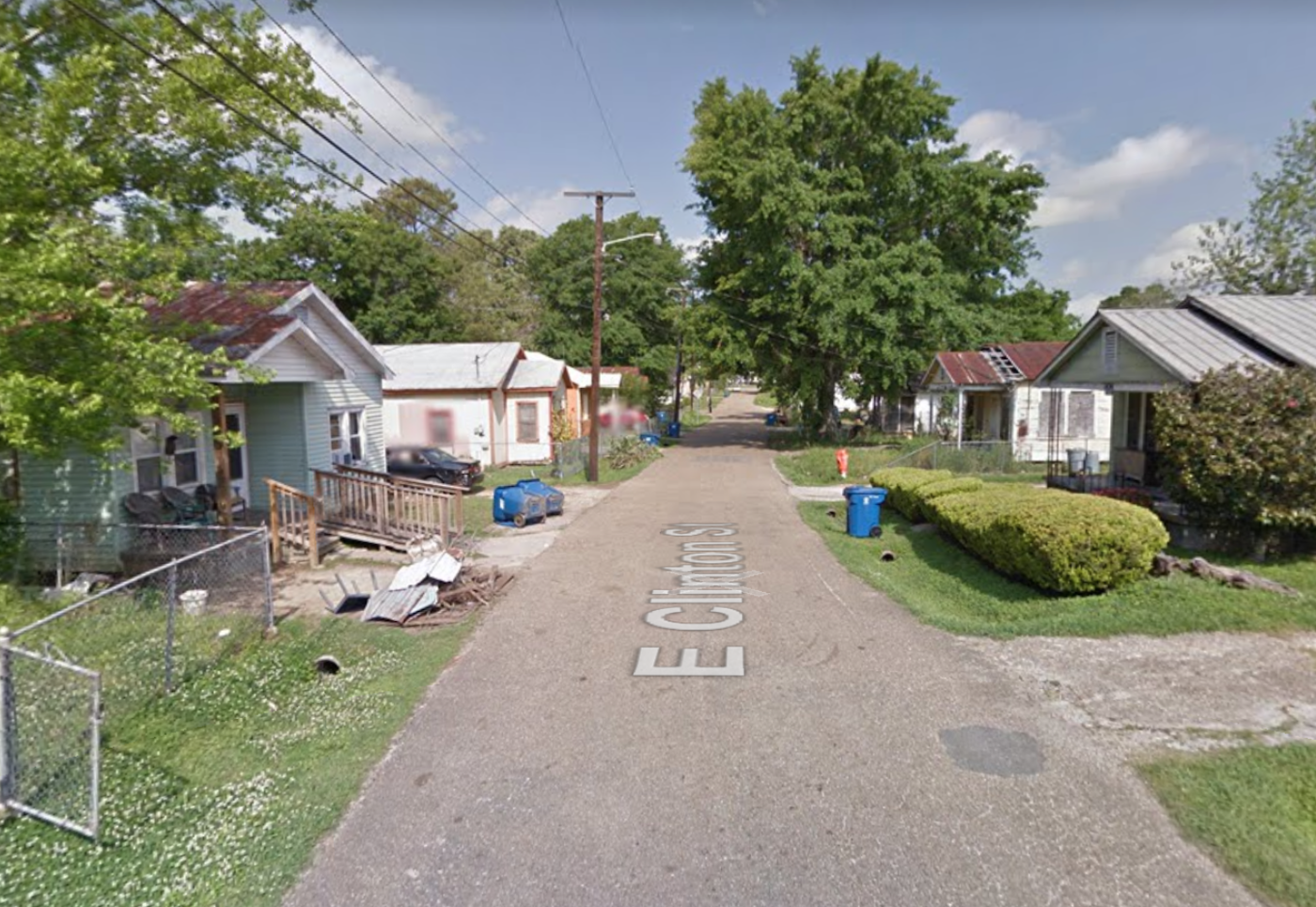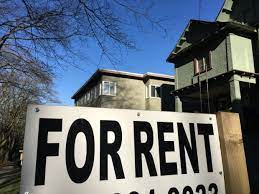Louisiana Rent Increase Laws 2024: Key Facts for Tenants. Despite Louisiana’s ever-changing legal landscape in 2024, navigating rental agreements and possible rent increases can be challenging. You have rights as a tenant in Louisiana with relation to rent hikes; being aware of these rights enables you to make wise choices about your living arrangement. Let’s examine the important facets of the problem.
Key Points About Louisiana Rent Increases
- No Rent Control: There are no statewide rent control regulations in Louisiana. Without any state-imposed restrictions or ceilings, landlords are free to raise rent levels as they deem fit.
- The Significance of Lease Agreements Leases that have been signed are enforceable by law. Your landlord cannot raise the rent during a fixed-term lease (such as a one-year lease) unless the agreement expressly permits it.
- Flexibility from Month to Month: Landlords are allowed to raise rent on month-to-month leases (those without a set expiration date) with a fair amount of notice. However, Louisiana law does not specify a minimum duration for such a notice period.
Notice Requirements: When Can My Landlord Raise the Rent?
- Fixed-Term Lease: Usually, a rent increase occurs at the conclusion of your lease term. At least thirty days before to the expiration of your lease, landlords are required to give you written notice that includes the updated rental amount.
- Month-to-Month Lease: Although there isn’t a set legal minimum, landlords are required to provide a fair amount of notice. A 30-day notice term is frequently deemed fair by courts for month-to-month tenants.
Important Note: Louisiana law requires landlords to operate fairly and in good faith, even in the absence of state-mandated notice periods. It is possible to challenge abrupt rent increases with very little notice in court.
How Much Can My Rent Be Increased?
Regretfully, there are no rules in Louisiana that restrict the proportion of rent increases. Any sum that a landlord thinks is appropriate can be added to the rent. They generally take into account the following factors:
- Market Conditions: In order to support a raise, your landlord may compare comparable rental properties in the neighborhood.
- Property Improvements: Major renovations or upgrades may be cited as justifications for increased rent.
- Increased Costs: Tenants may be charged more for maintenance or property taxes, which landlords may pass on to them.
Protecting Yourself as a Tenant
- Keep a record of everything: Maintain thorough records of any correspondence with your landlord, rent payments, and your rental agreement. This is essential in the event of disagreements.
- Understand the terms of your lease: Examine your lease carefully again for any provisions pertaining to rent increases or terms of renewal.
- Try haggling with your landlord; it never hurts, especially if you are a decent renter and the increase seems out of proportion.
- Recognize Your Choices: Look into alternative local renting possibilities if you think the rent increase is too high. An unjust rent increase does not have to be accepted.
- Seek Legal Advice: Speak with a lawyer who specializes in landlord-tenant law if you believe that a rent increase goes against the spirit of fairness.
Navigating Rent Increases
Remember that you still have rights as a renter, even if Louisiana favors landlords when it comes to rent increases. The best course of action is frequently to communicate openly with your landlord. If that doesn’t work, you need to know what you can do and be prepared to stand up for yourself.
Disclaimer: This article is not a replacement for expert legal counsel; rather, it provides general guidance on Louisiana’s rent increase legislation. For specific legal questions or concerns pertaining to your case, always get legal advice.


 by
by 


